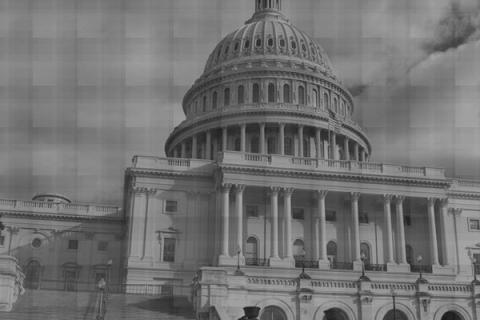Former UN Chief Kofi Annan declared that Syria was "on a tipping point", following a recent diplomatic mission to Damascus and a meeting with President Bashar al-Assad. Syrian diplomats were expelled from many Western countries following the news of a major massacre in the city of Houla, in which 108 people were killed, a third of them children. The Syrian government blames the incident on terrorists, a claim supported by the Russian government who has posited that rebels carried out the attack in an attempt to win support. Either way, the Russian government is cooling its attitudes towards the Syrian government following the massacre, blaming them, at the very least, for not preventing such an atrocity from happening.
Basically, it's been a very eventful week in Syria. In spite of these latest developments, and the fact that the cease-fire agreement brokered by Kofi Annan is in tatters, it remains unknown if the international community would be involved in removing Bashar al-Assad. The key sticking points are Russia and China's commitment to veto any action aimed at getting rid of Assad. They sit on the UN's Security Council and are two of the five members of the Security Council with the power to unilaterally veto resolutions. Without support from both of them, the UN cannot authorize an intervention in Syria, making all other intervention more politically and economically risky, not to mention expensive.
What makes Syria different from a place like Libya, which received a UN resolution to remove Qaddafi, is that the two sides of the conflict in Syria aren't as clear or stark. Libya's uprising appears to have been more of a populist movement by the people of Libya against armed mercenaries acting on behalf of the dictatorial Qaddafi regime. But in Syria, the army is professional and drawn from Syrians themselves. In short, some Syrians are loyal to the Assad regime, and some aren't.
Russia and China also create further difference between the two situations. Russia is a traditional ally of the Assad regime, and therefore, would like to keep its diplomatic partner in the Middle East intact. Syria, unlike Libya, is more strategically valuable to Russia, hence Russia's unwillingness to remove Assad as part of an internationally-coordinated task. China, on the other hand, appears to be uninterested in letting the West take the lead on Syria and is refusing to vote "yes" on principle.
There's also the issue that both Russia and China are authoritarian states with increasing opposition to their regimes. By supporting a UN resolution to stop the killing of others, it would set a precedent for future votes on the issue. By continuing to oppose actions, it makes a similar response to similar uprisings within their own countries, less politically feasible and tenable.
It does not seem like the United States will be gearing up to go to war in Syria until after the election year is over, and even then it remains unlikely. Unilateral action would only weaken America's position in the world in demonstrable and tangible manners. Syria is also better armed than Libya and would pose a greater military challenge.
Polls also indicate a majority of US citizens oppose any action in Syria, which would also make it considerably less likely for the President to do something in an election year. In short, we are quickly discovering the limits of our power, relative to the rest of the world. Reluctance to pursue intervention showcases American weariness in meddling in other places in the world, especially, when there is no perceived, or genuine, threat on the line.
At least for now, America is slipping into a state of equanimity with the rest of the world, and moving away from being the dogmatic bombast that we were under the Bush administration, flush off of the 1990's economic boom. It doesn't seem that the world really has a problem with that, in spite of the lives that are being lost in the process.

